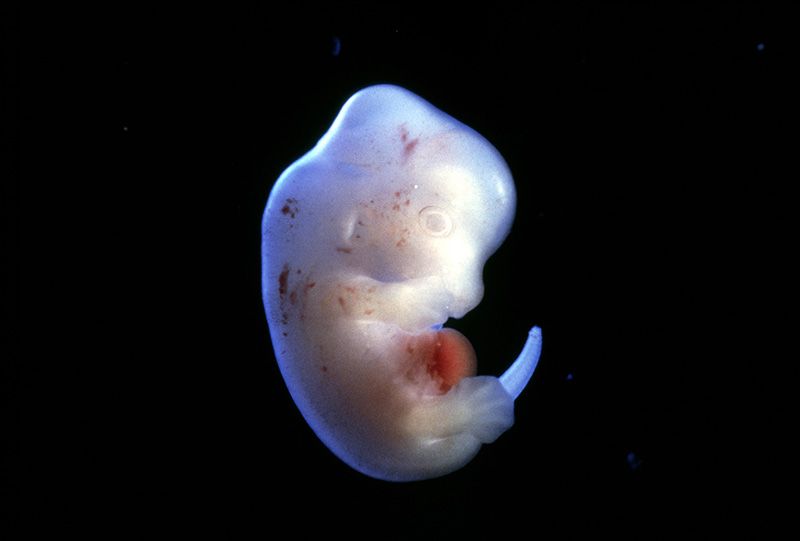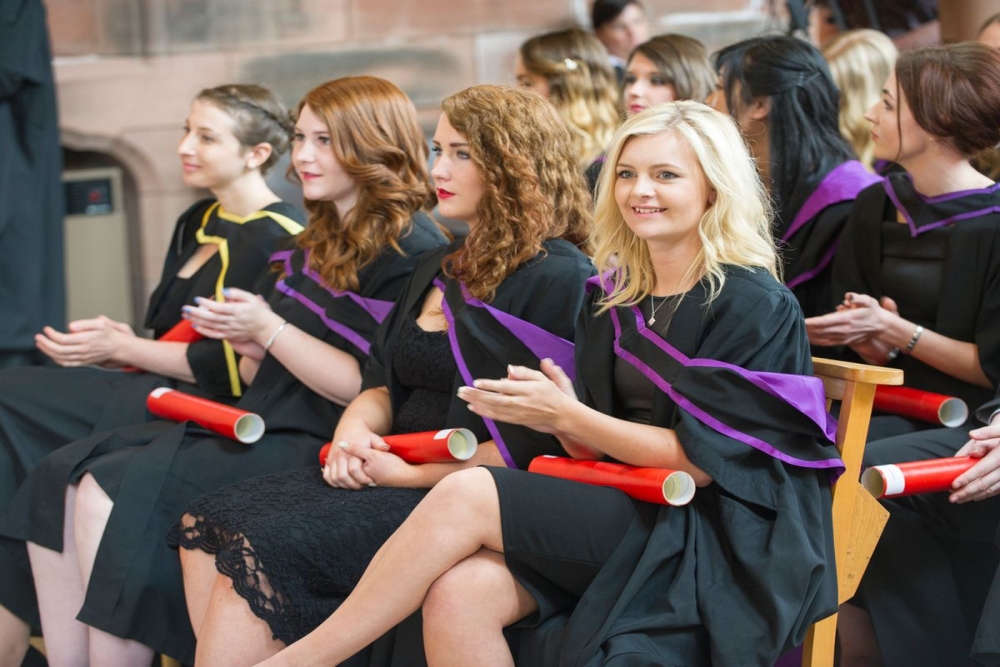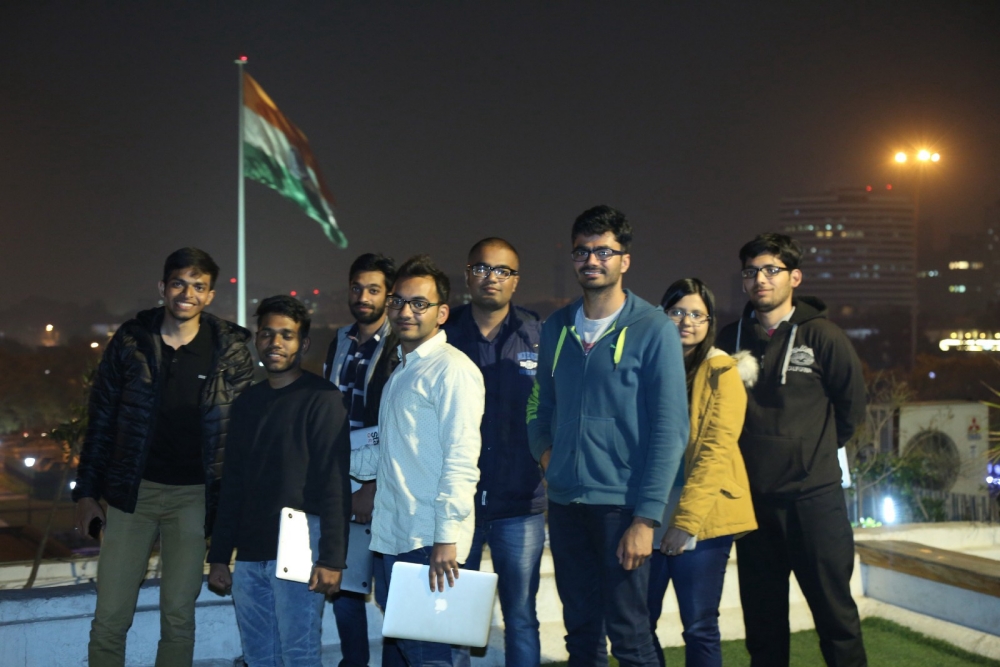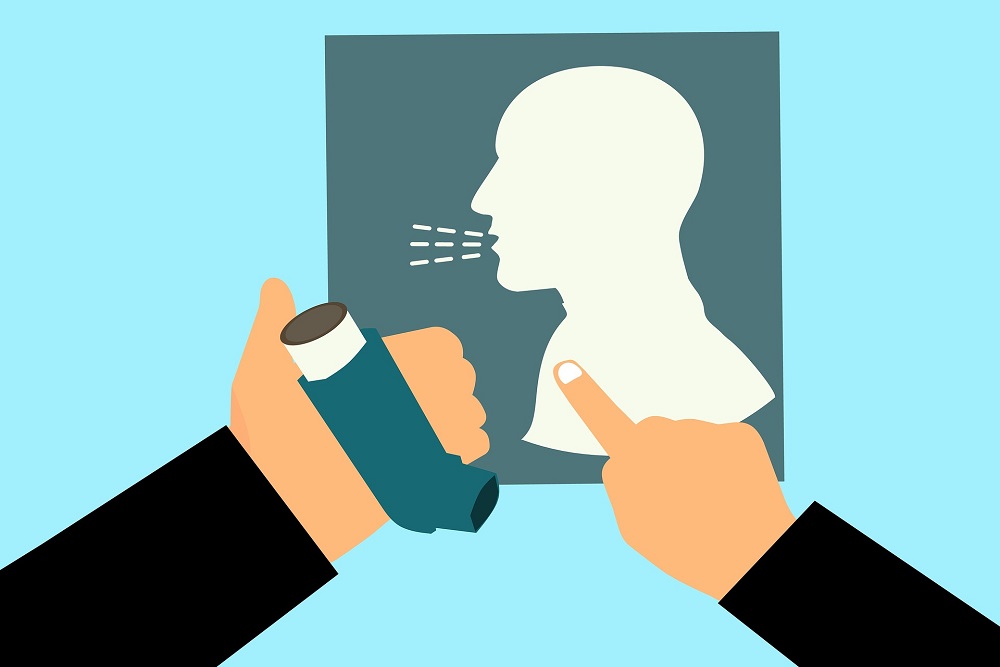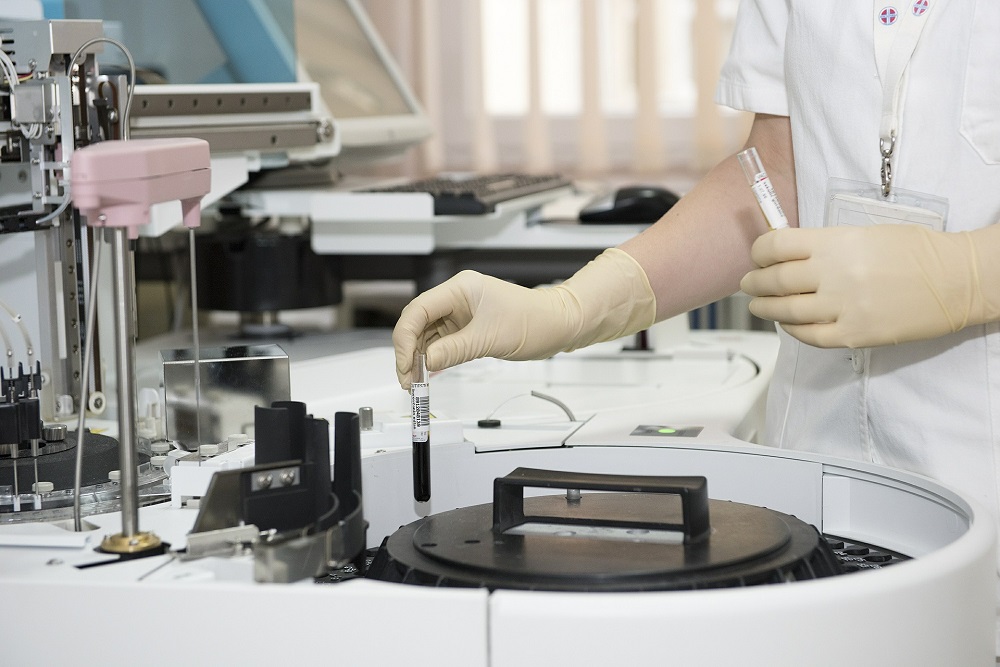Japan flipped its 14-day rule when it allowed Hiromitsu Nakauchi to develop rat and mouse embryos for a maximum of fifteen and a half days (15.5). Nakauchi, a team leader at Tokyo and Stanford Universities, intends to investigate whether human cells can exceed two (2) weeks development period.
Moreover, he aims at having a target animal develop a human pancreas. Later on, a patient transplant will be undertaken. Japan will be a formidable force if this experiment is successful.
Japan’s flipped approach
Initially, Japan had forbidden scientists from developing animal embryos comprising of human cells. This is for a maximum of fourteen (14) days. Nevertheless, a different approach emerged with the approval of this research.
Notably, Nakauchi acknowledged that the populace could benefit if human organs were generated in animals. Afterward, Nakauchi plans to nurture pig embryos for a maximum of 70 days once they are linked to human cells.
Realistically, such investigations have been undertaken in nations such as the United States. However, they have never been implemented.
Japan consents to the research despite a few critics
A few concerns have been raised pertaining to Nakauchi’s exploration. Specifically, it has been questioned whether the human cells will go past the targeted organ, for instance, the pancreas. If this happens the animal’s cognition will be affected.
Tetsuya Ishii, Hokkaido University’s science policy researcher, asserts that this research necessitates precautionary measures such as having a public discussion. This will be pivotal in addressing anxiety and distinctive concerns.
Nevertheless, Nakauchi stipulates that together with his team, they have prepared for this research for ten (10) years. Notably, he explained that their objective is carrying out specific organ creation so that the cells move just to the pancreas.
Japan’s monitoring standards
According to Asahi Shimbun, Japan’s administration has asserted that researchers will be expected to screen the animal-human hybrids for nearly two (2) years. However, the experiment will be stopped if at least thirty percent (30%) of human cells are found in an animal’s brain.
An ultimate decision from Japanese officials is expected in September as different Asian countries, such as India, continue to draw more students to STEM subjects, particularly, scientific research.
Preceding embryo experimentation
Jun Wu, a human-animal researcher at the University of Texas Southwestern Medical Center in Dallas, asserts that it is nonsensical to attain hybrid embryos of humans and animals using sheep and pigs. They are evolutionarily distant species as their embryos will eliminate human cells at the initial stages.
Wu also noted that generating strategies and comprehending the molecular basis would be instrumental in propelling this field forward by tackling this challenge.
Nakauchi projects that Japan’s approval will be pivotal in eradicating this barrier to further research as he will utilize iPS cells in experimentation. This will be undertaken in subtly distinctive levels. As a result, he will be in a position to determine the restrictions of human cells development in animal embryos.
Rationale for the 14-day rule
The ‘14-day rule’, which limits research on human embryos to the first 14 days after fertilization, has long been a pillar of regulation in this contested area. Recently, advances in developmental biology have led to calls to rethink the rule and its application. Many researchers have already questioned whether the 14-day rule should be replaced and, if so, how. Japan is the first country to allow the flip of the rule.
The two lines of research that have prompted this question are new techniques in enabling the culture of embryos at least up to 14 days and patterning experiments with pluripotent cells suggesting that they might form embryo-like structures. Each of these was considered in relation to the foundations and function of the rule to examine whether they warrant the change.



